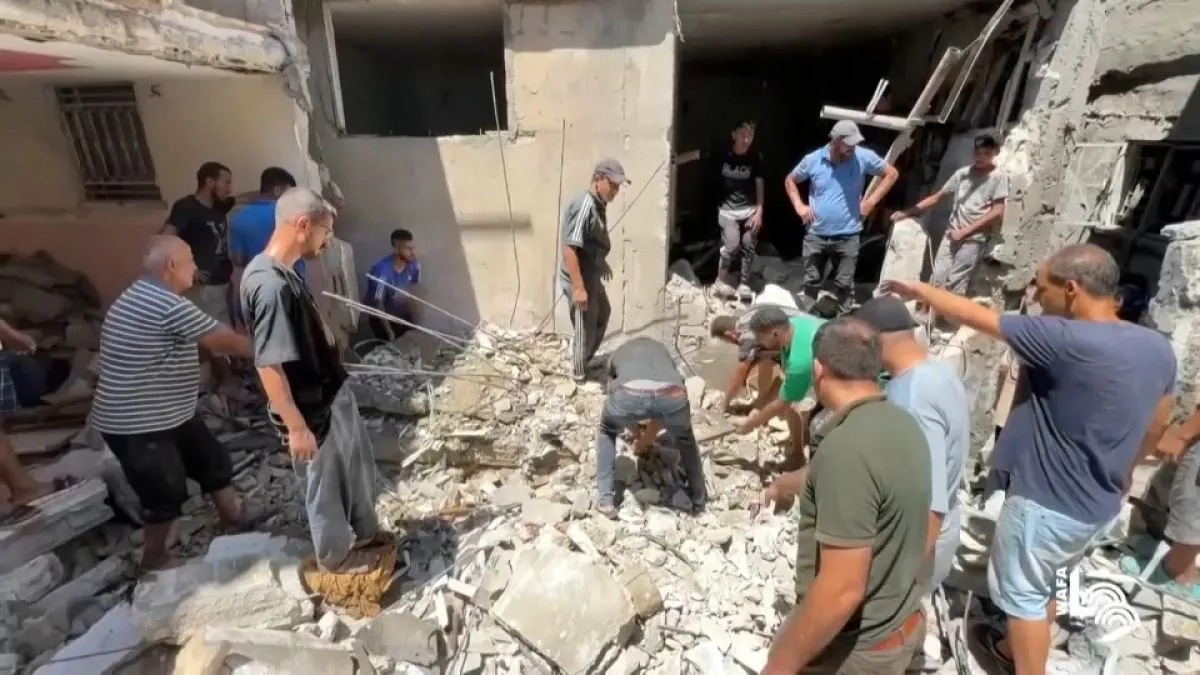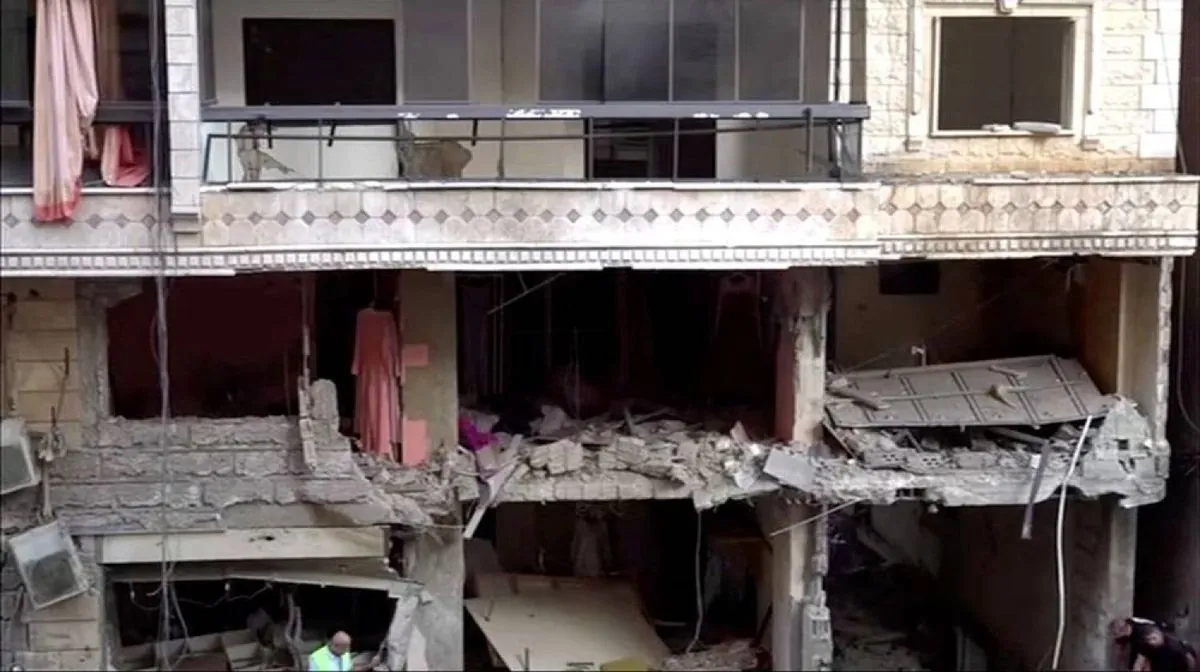Iran Condemns Israel's Strikes, Warns of Regional Escalation
Iran's president criticizes Israel's attacks on allied groups, calling for support of Lebanon. Recent strikes in Yemen and Lebanon heighten tensions in the volatile Middle East region.

In a series of events that have heightened tensions in the Middle East, Iran's President Masoud Pezeshkian has voiced strong opposition to Israel's recent military actions against Iran-aligned groups in the region. The president's statements come in the wake of Israeli strikes on Houthi targets in Yemen and the killing of a prominent Hezbollah leader in Lebanon.
On September 24, 2024, Israel conducted airstrikes against Houthi positions in Yemen, marking an expansion of its military operations beyond its immediate neighbors. This action followed the death of Sayyed Hassan Nasrallah, the leader of Hezbollah, in an Israeli operation in Beirut on September 22. The attack also resulted in the death of Abbas Nilforoushan, a deputy commander of Iran's Revolutionary Guards.
President Pezeshkian emphasized the need to support Lebanon, stating, "Lebanese fighters should not be left alone in this battle so that the Zionist regime does not attack Axis of Resistance countries one after the other." The "Axis of Resistance" refers to an anti-Western and anti-Israeli alliance led by Iran, which includes groups like Hezbollah in Lebanon and the Houthis in Yemen.

The Iranian president called for a "decisive reaction" to these events, indicating that such actions "will not be left unanswered." This statement reflects the growing concern over the potential for a wider regional conflict, as tensions between Israel and Iran-backed groups continue to escalate.
Iran's Foreign Ministry spokesperson, Nasser Kanaani, also condemned the Israeli strikes in Yemen, claiming they targeted civilian infrastructure including a power plant and fuel tanks. Kanaani warned about the consequences of what he termed Israel's "warmongering" on regional and international peace and security.
These recent developments are part of a long-standing conflict between Israel and Iran-backed groups in the Middle East. Israel has conducted numerous airstrikes in Syria and other countries, targeting what it claims are Iranian and Hezbollah positions. The conflict between Israel and Hezbollah in 2006 resulted in significant casualties on both sides, highlighting the potential for devastating consequences in the region.
The situation in Yemen adds another layer of complexity to the regional tensions. Yemen has been in a state of civil war since 2014, with the Iran-supported Houthi movement controlling significant portions of the country. Israel has previously targeted Yemen, with an attack in July 2024 on the port city of Hodeidah, which Israel claims is used by the Houthis to receive Iranian weapons shipments.
The ongoing conflict has raised concerns about international maritime security in the Red Sea and has significant implications for global oil markets. The United Nations has repeatedly called for de-escalation in the Middle East, but the recent events suggest that tensions are only increasing.
As the situation continues to evolve, the international community watches closely, aware that any further escalation could have far-reaching consequences for regional stability and global security.
"We cannot accept such actions and they will not be left unanswered. A decisive reaction is necessary."
This statement from the Iranian president underscores the gravity of the situation and the potential for further conflict in the region. As both sides remain entrenched in their positions, the prospect of a peaceful resolution seems increasingly challenging.


































